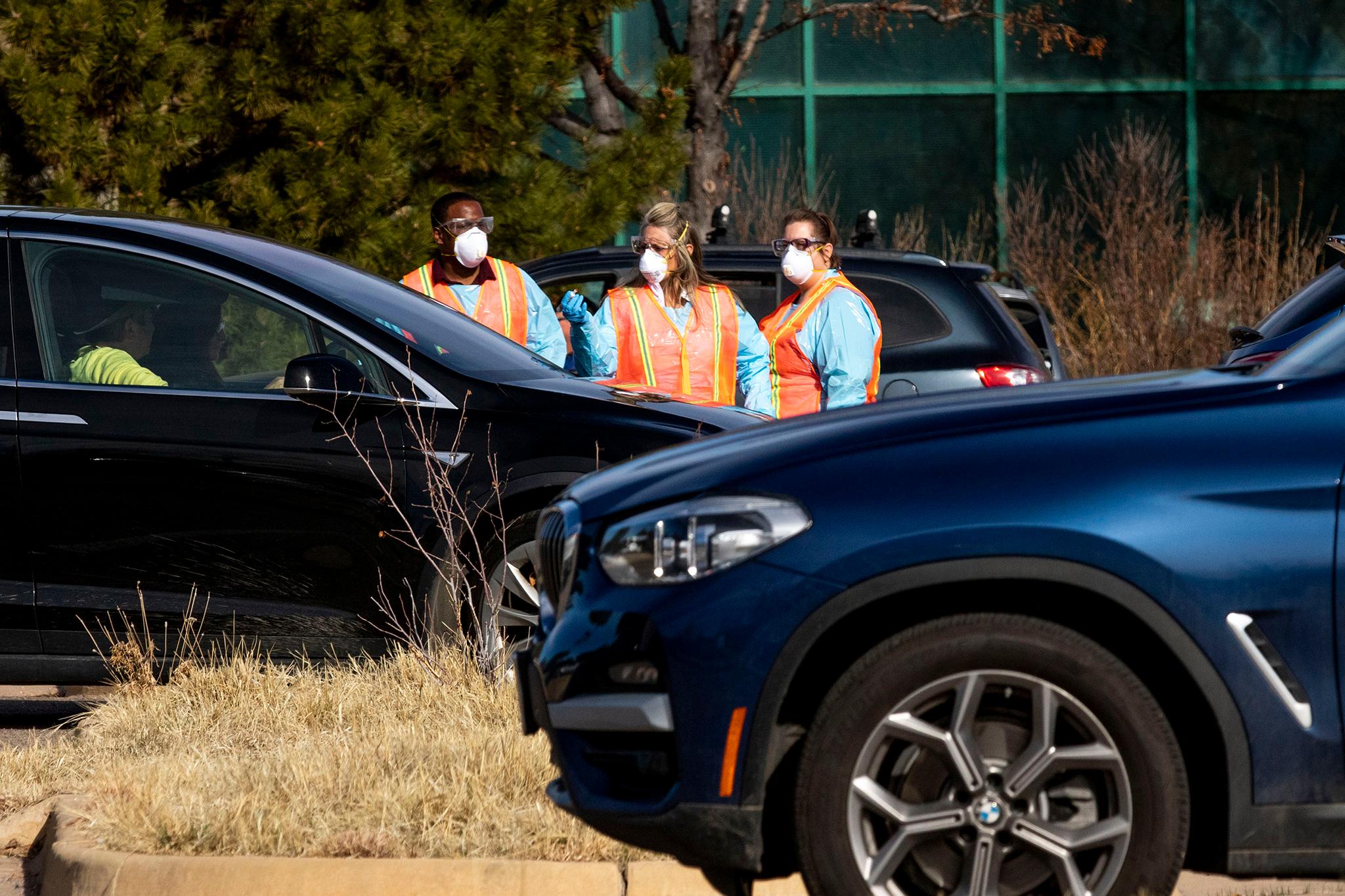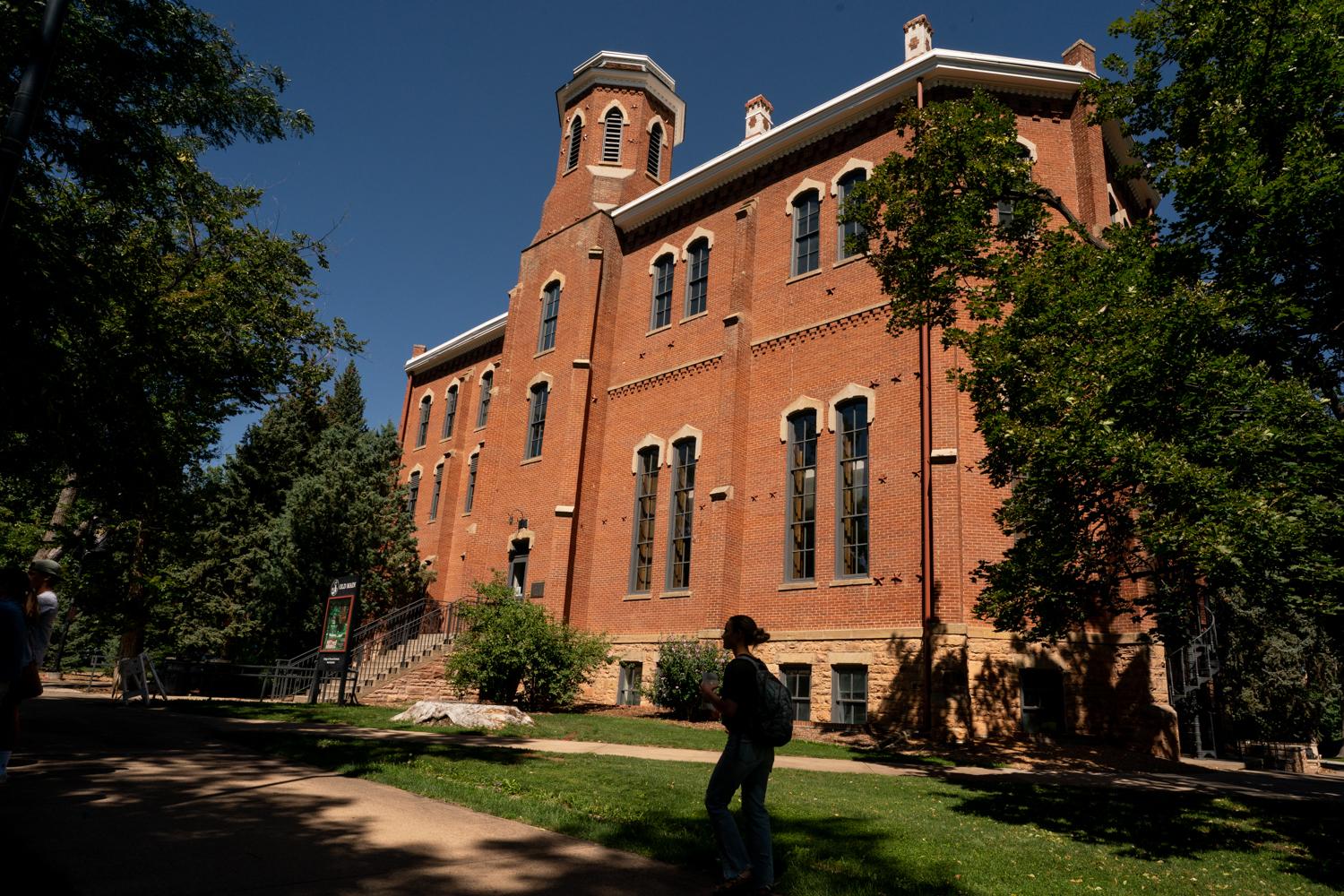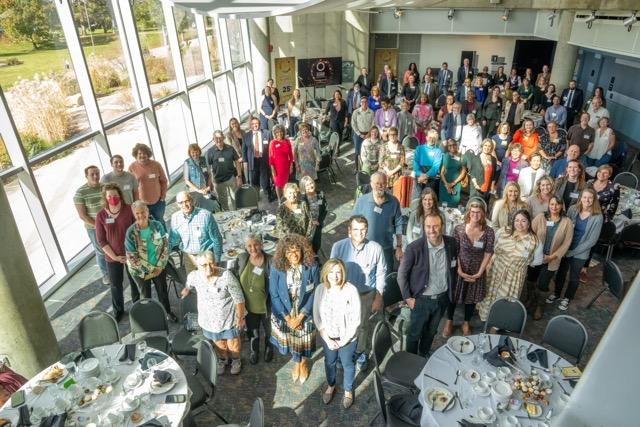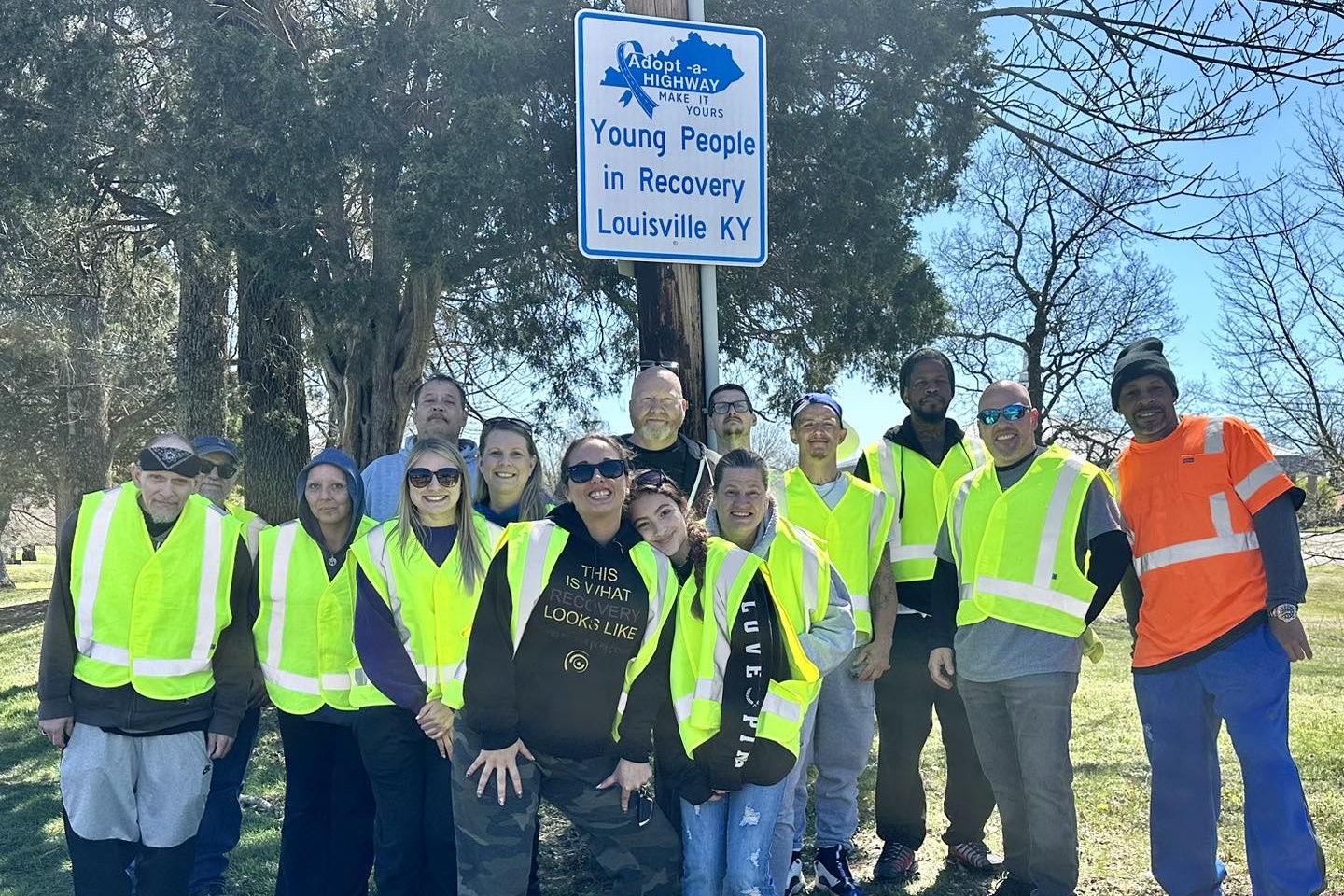
From the start of the state’s coronavirus crisis, the focus has been on testing to determine the scope of COVID-19’s spread to hopefully slow it and “flatten the curve.”
But that effort has been plagued by challenges — not enough test kits, confusion among providers about who can do testing and where, and a public that is demanding more tests than the state could possibly provide.
During a Monday afternoon press conference, Gov. Jared Polis expressed frustration with the state’s testing effort for both the amount of time it takes and the challenge of getting tests into the field.
“Scaling that up has been very frustrating,” Polis said. “We are always chasing where it was three-to-five days ago. The data is a trailing indicator.”
Polis said a temporary testing facility would operate in Telluride Tuesday and others would be opened around the state throughout the week. But, while he has touted that Colorado is doing better than many other states, he acknowledged it has taken longer than he wanted.
“The governor has made access to testing a top priority, and we’re doing everything we can to increase capacity at the state lab,” said Scott Bookman, state health department incident commander for COVID-19.
From Sunday to Monday, the number of people tested jumped significantly, from more than 700 to 1,216.
Officials said they now have the capacity to test 250 people a day and they have supplied additional testing kits to mountain counties to increase capacity. Officials also said they have signed contracts with LabCorp to complete additional tests.
The flurry of behind-the-scenes work among state officials comes as private doctors' offices are swamped with calls — sometimes more than 100 a day — from people worried they may have COVID-19 and seeking a test.
Doctors say directives from federal and state officials have been confusing on where to send patients.
Many doctors aren’t equipped to test in their private offices because they don’t have the facility requirements — including negative-pressure rooms to keep the virus contained — to provide them.
“If I wasn’t so engaged and involved in this every day, I’m not sure I would understand it,” said Dr. Michelle Barron, an infectious disease expert at University of Colorado Hospital. “We had to do education amongst our health care workers … There is some confusion.”
Read more: If I think I have COVID-19, how much will the test cost me, and how do I get tested?
The Telluride site is for 100 high-risk people pre-selected by doctors. The site will not accept walk-up or drive-up patients.
The state is prioritizing testing in mountain resort communities because of the documented transmission of the disease in these areas with a high number of tourists. Telluride is just the first location for these efforts.
The move seems to reflect a clear shift in approach after the state health department set up drive-up test centers in Denver last week. Those pop-up testing sites attracted long times of people waiting in their cars, in some cases for hours, with many not getting tested at all.
“I think it does signal the fact that they are taking a more targeted approach to testing,” said Glen Mays, an expert in emergency preparedness at the Colorado School of Public Health.
Mays said, with limited testing capabilities still available to the state, having a limited number of pre-selected patients seems like a “reasonable response.”
Mays said ideally there would be many testing sites, widely dispersed. But that’s been hampered by delays in securing enough test kits, especially at the federal level.
“I think clearly there's a need to, to figure out a way to ramp up testing considerably in Colorado,” he said.
But with just a few sites “there's a high likelihood of congestion bottlenecks and absolutely that can, can create harms in and of itself.” The potential risk, he said is of “creating situations for people to be, essentially, contaminating each other.”
The testing also plays a key role in surveillance, giving a window into where in the state coronavirus cases have popped up.
“For surveillance purposes, once you have sort of a hotspot, what you do is treat (the patients) symptomatically and assume they are infected with COVID-19. You don’t need to test everybody,” said May Chu, a clinical professor in epidemiology at the Colorado School of Public Health.
The state’s National Guard will be deployed in Telluride to assist with the effort.
Barron said as the days go on, officials will likely shift away from emphasizing testing, because the virus is widespread, to mitigation.
In other words, unless people are in high-risk groups, including immune-compromised or those in the health care field, they likely will not get tested because there is no treatment for coronavirus anyway.
“The gates are open, everyone is out running,” Barron said. “It’s how do we keep it from going further.”









